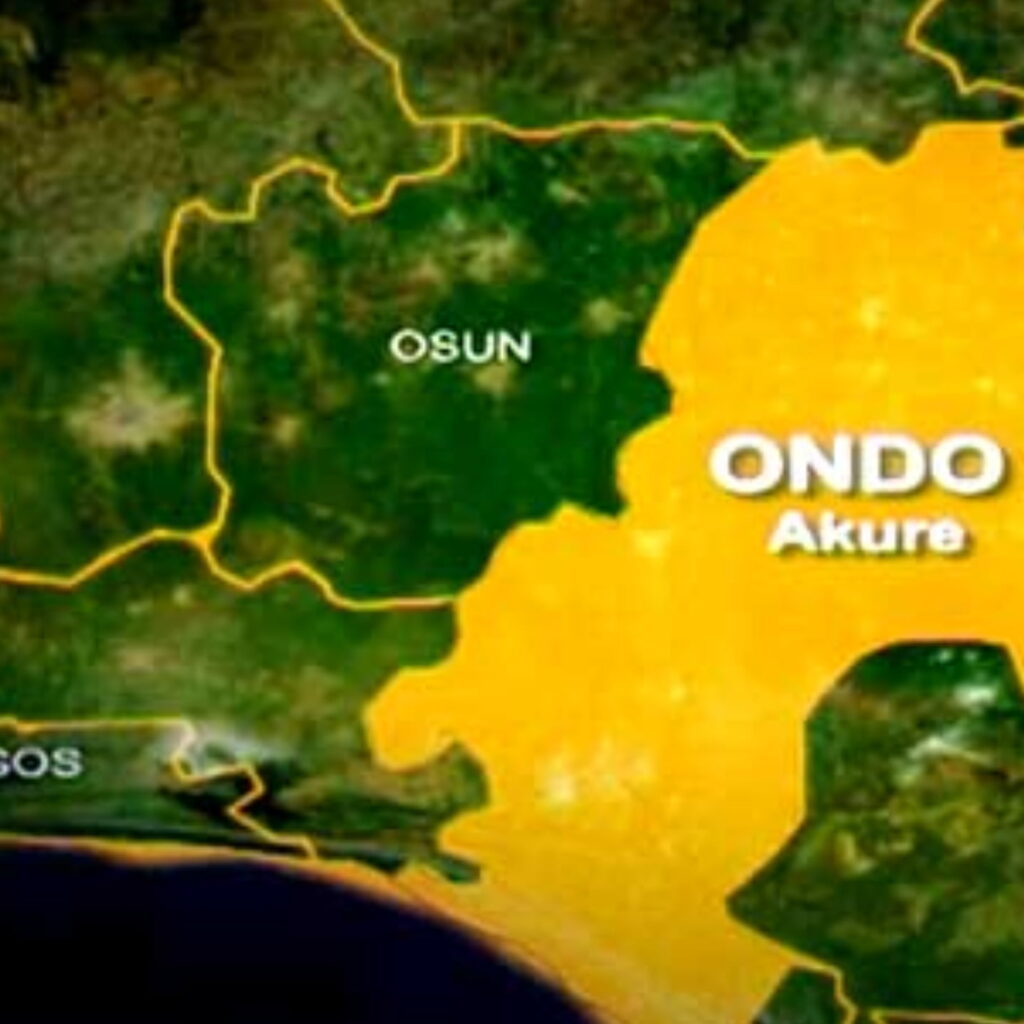
Policy Alert, a Civil Society Organisation, has raised alarm over an alleged foreign loan acquired by the Ondo State Government which reportedly was not approved by the State House of Assembly.
The organisation which promotes fiscal and ecological justice in the Niger Delta, alleged that a N719.36 million foreign loan was taken by the state government in the third quarter of 2023.
While querying the Assembly for shirking in its responsibility, Policy Alert, in a statement issued by its Programme Officer, Fiscal Reforms and Anti-Corruption, Faith Paulinus, described the move by the state government as a negative trend.
“We could not find any records or reports indicating that the request and subsequent approval for this loan were ever discussed at plenary by the State House of Assembly.
“Taking loans without the approval of the State House of Assembly is illegal and a gross affront on the powers of the House of Assembly.
“We call on the Executive to stop this negative trend and the Ondo State House of Assembly to live up to its oversight responsibility.”
The organisation, however, hailed the government of Ondo State for prioritising critical sectors in the state budget implementation during the third quarter of 2023.
It stressed that of the nine Niger Delta States, Ondo State tops the chart for prioritising key human development sectors such as health, education, water, sanitation, and hygiene (WASH), and agriculture.
The organisation noted that capital releases for the educational sector accounted for N779 million, with N725 million disbursed for the State Universal Basic Education Board (SUBEB), health (N756 million), wash (N96.3m and agriculture (N1.45 billion).
“We are impressed that attention was given to these key development sectors in capital expenditure, as the social sector alone recorded a release of N2.7bn, 73 percent higher than the administrative sector, which had a total release of N1.56bn.
“Although the spending priority of the government as regards capital release is commendable, the government needs to prioritise its capital spending above the recurrent budget.
“A review of the expenditure pattern showed that out of the N48.21bn spent during the quarter, a total of N33.33bn went to recurrent expenditure, while capital expenditure had N14.88bn.
“This implies that what was spent for the cost of governance was 124 percent higher than the capital expenditure.
“This is not a healthy approach to public expenditure management for any society that wants to grow.”


